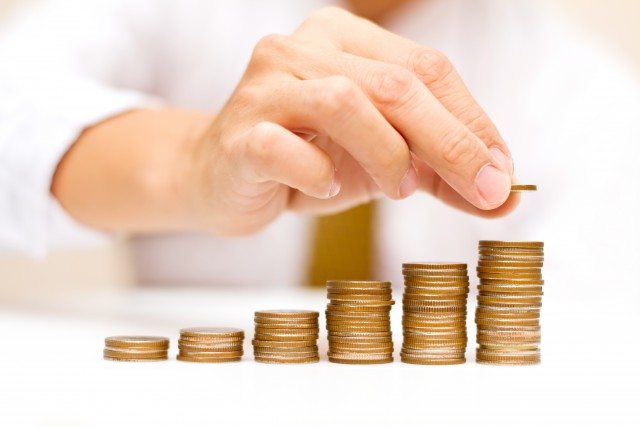Described as an ‘open ledger’ for transactions, blockchain gives a secure way to track and transfer assets through supply chains, states Sustainable Foods Summit.
It has the potential to transform the often opaque and diffuse supply networks for food products.
Blockchain helps mitigate risks of food fraud and safety. It is estimated that one in 10 food products are adulterated or mislabeled.
Tampered products can be easily identified and isolated, preventing expensive product recalls.
By pinpointing contaminated batches, safe products can be kept on store shelves and not sent to landfill.
The amount of food waste can therefore be reduced.
Walmart is working with Nestle, Dole Food, Unilever and Tyson Foods on blockchain pilot projects.
The retailer says a 1% reduction in food-borne illnesses in the US could generate an additional US $700 million in increased productivity.
Walmart believes blockchain will do for transparency what the internet has done for communication.
In one of its blockchain projects, it took 2.2 seconds to trace mangoes to the farm.
Without blockchain, this would take the retailer six days, 18 hours and 26 minutes to identify the original farm.
Trading
Apart from transparency and traceability, blockchain speeds up transactions, enabling farmers to get paid quicker.
It also prevents price coercion and retroactive payments, common to the food industry.
For instance, the Louis Dreyfus Company recently conducted the first blockchain agriculture commodity trade.
It sold 60,000 tons of American soybeans to the Chinese government.
The entire transaction took a week, reducing total logistics time by 80%.
Ecovia Intelligence believes blockchain could change the dynamics of the food industry.
Like Uber and Airbnb, it can eliminate middle-men and reduce product prices.
The technology could shift power away from the multinationals and trading houses, which currently set pricing terms, dictate product varieties, and quality specifications.
By removing intermediaries, growers can connect directly with retailers, foodservice operators, and even consumers.
Small producers are likely to benefit most from fairer prices and a wider customer base.
Informed buying
The biggest revolution however is likely at the consumer level.
Consumers are becoming increasingly discerning when buying food products, seeking information on environmental, ethical, and health attributes.
Blockchain is a platform that provides all these informational needs.
Using the example of Carrefour chicken, consumers can scan the quick response code to get product origins: where and how the chicken was raised, the name of the farmer, what feed was used (domestically grown cereals and soya beans, GMO-free soya beans, etc.), what treatments given (e.g. antibiotics), quality labels (organic, free-range, etc.), where slaughtered, etc.
Blockchain can empower consumers to make more informed decisions about the products they buy.
It also has the potential to detangle convoluted and opaque supply chains for food products.
It remains to be seen not if, but how quickly, it can build a more sustainable food industry.
Blockchain and its sustainability implications will be featured in upcoming editions of the Sustainable Foods Summit in June (Amsterdam) and September (Singapore).










